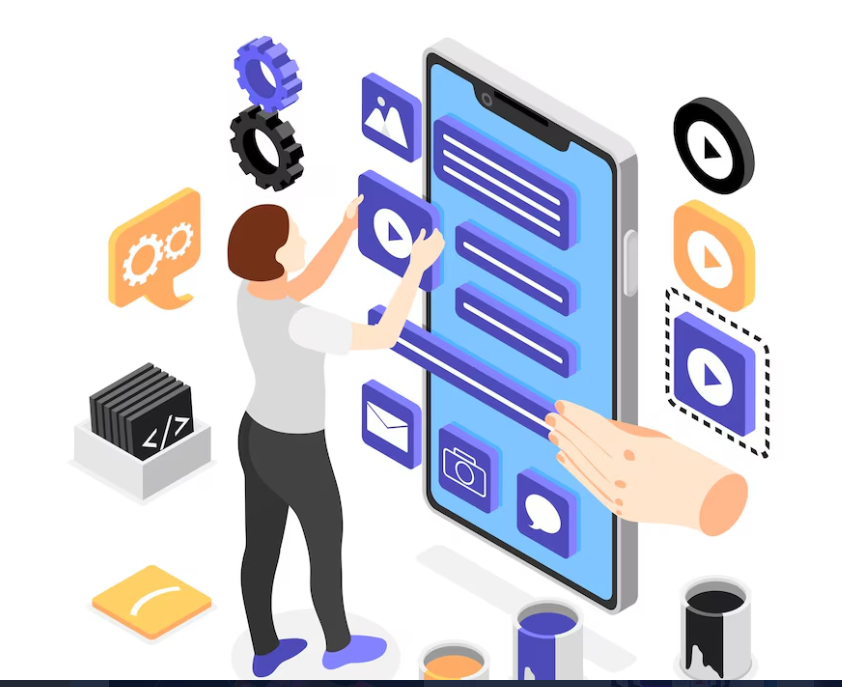The Hidden Risks of Hard-Coded Secrets in iOS Apps
 Raghul
Raghul
A few years ago, we explored Android app security, but what about iOS? Apple’s strict App Store review process suggests a safer ecosystem. I’ve seen apps rejected over minor issues like a missing Finnish language file. With that level of scrutiny, iOS users should be safe—right?
Hard-Coded, Easy to Hack
The term “hard-coded” might sound like a good thing. It’s not. It means sensitive information—like API keys, database credentials, or encryption keys—is embedded directly into the app’s code.
Once a hacker gets access to that code, they also get access to everything those secrets unlock.
Hard-coded secrets are like leaving your house key under the doormat. Any thief who checks can walk right in.
👉 Read my latest blog: Mobile App Development for E-Commerce – Key Features & Benefits
Why Do Developers Still Hard-Code Secrets?
If this practice is so dangerous, why do developers keep doing it?
1. They Don’t Know It’s a Problem
Many developers—especially in small teams or startups—aren’t cybersecurity experts. They focus on building features and meeting deadlines. Security is often an afterthought.
2. Time Pressure
Hard-coding secrets is fast and easy. It works. When teams are rushing to ship an update, they might plan to replace it with a more secure system later. But later never comes.
3. It’s Cheaper (At First)
A proper secret management system requires infrastructure, monitoring, and extra development time. Some companies decide it’s not worth the cost—until they suffer a breach.
👉 Read my previous blog: Ultimate Guide to Building an Android App – Start Developing Today!
The Real-World Impact of Hard-Coded Secrets
Think this is just a theoretical problem? Think again.
Security researchers frequently find API keys, database logins, and encryption secrets hidden in app binaries. Attackers use automated tools to scan public repositories and decompile apps, searching for these vulnerabilities.
When they find them, the results can be devastating:
Unauthorized API access – Attackers can abuse exposed API keys to pull sensitive user data or perform fraudulent transactions.
Mass data breaches – If an app’s database credentials are leaked, millions of user records could be stolen in minutes.
Financial loss – Some API providers charge per request. A leaked key can rack up huge bills before anyone notices.
Reputation damage – Customers lose trust. Investors hesitate. A single breach can cripple a company.
What Developers Should Do Instead
The best way to protect your app? Never hard-code secrets.
Use Environment Variables
Store sensitive information in environment variables, not in your codebase. This keeps credentials out of the app’s source code.
Use Secret Management Tools
Services like AWS Secrets Manager, HashiCorp Vault, and Google Cloud Secret Manager allow apps to securely fetch secrets when needed.
Implement Role-Based Access Control (RBAC)
Not every part of an app needs full access to its database or APIs. Restrict permissions to only what’s necessary.
Regularly Audit Your Code
Run security scans to check for hard-coded secrets. Tools like GitHub’s secret scanning, TruffleHog, and GitLeaks can help identify exposed credentials.
Rotate Secrets Frequently
Even if a secret gets leaked, it won’t be useful for long if it’s regularly changed. Implement automatic key rotation.
Final Thoughts: Your Security is in Your Hands
Hard-coded secrets are one of the easiest ways for hackers to break into an app. Yet, many developers still take the risk—sometimes unknowingly.
Security should never be an afterthought. Whether you’re building for iOS or Android, following best practices in App Development can save your company from devastating breaches.
Subscribe to my newsletter
Read articles from Raghul directly inside your inbox. Subscribe to the newsletter, and don't miss out.
Written by
